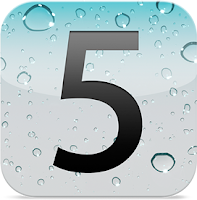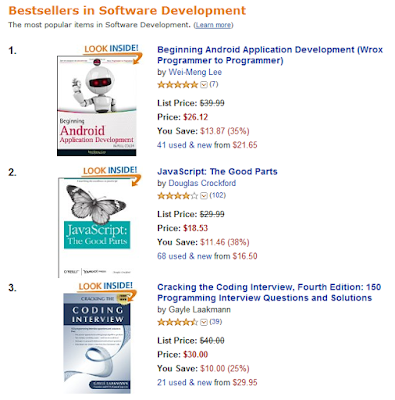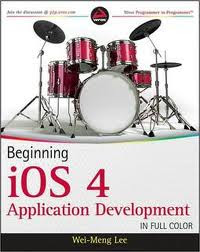 Quite a number of readers have asked about the schedule of iOS Programming Course and Android Programming Course (Singapore) in Sep and Oct, so here it is!
Quite a number of readers have asked about the schedule of iOS Programming Course and Android Programming Course (Singapore) in Sep and Oct, so here it is!September 2011
* 12 Sep 2011 - Objective-C Programming - S$499
* 13-14 Sep 2011 - Foundation of iPhone Programming - S$997
* 15-16 Sep 2011 - Advanced iOS Programming - S$997
* 19-20 Sep 2011 - Android Programming - S$997
* 22-23 Sep 2011 - Programming iOS 5 - S$997
October 2011
* 3 Oct 2011 - Objective-C Programming - S$499
* 4-5 Oct 2011 - Foundation of iPhone Programming - S$997
* 6-7 Oct 2011 - Programming iOS 5 - S$997
Details
All courses will be held at Mountbatten Square, Singapore.
Attendees have to bring their own notebook computers
Training time: 9am to 5pm.
For enquiries, please call (65) 9-692-4065.
* Also, all iOS courses are now fully updated to cover Xcode 4.
* And as soon as iOS 5 is officially released, all iOS courses would be based on iOS 5.
You can download the course brochures and application form here.
Please scan a copy of the completed registration form and email it to weimenglee@learn2develop.net.

 A number of readers have asked where can they find the Bonjour Chat application that was mentioned in my
A number of readers have asked where can they find the Bonjour Chat application that was mentioned in my 




